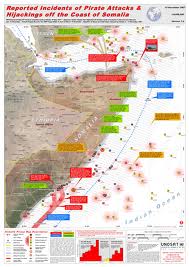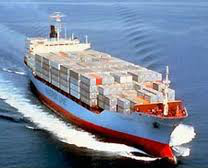 Cargo ships navigating in Indian Ocean will have to pay higher premiums for war risk covers as marine insurers are expanding the exclusion zone for such policies because of widening pirate attacks in recent weeks.
Cargo ships navigating in Indian Ocean will have to pay higher premiums for war risk covers as marine insurers are expanding the exclusion zone for such policies because of widening pirate attacks in recent weeks.
This could potentially raise shipping costs as the expansion would bring the entire ocean under the exclusion zone, and with underwriters demanding additional premiums from shipowners to provide war risk covers in excluded areas.
Pirate attacks are increasingly happening in waters closer to India than in the past as pirates who have been active mostly near the Somali coast are now deploying long-range ships to attack and hold vessels for ransom.
War risks are generally excluded from normal insurance covers provided for a ship’s hull and machinery as well as for third-party liabilities arising out of operating ships.
But in a time of war or conflict, areas where particular war risks apply are defined and published by the joint war committee, comprising underwriters from the Lloyd’s Underwriters Association and the International Underwriting Association.
Consequently, war risk insurers may declare these as additional premium areas and basic war risk cover may be cancelled and reinstated at a higher rate.
Shipping industry executives said exporters and importers will have to pay higher costs for hauling cargo from and into India.
“The expansion of the exclusion zone will have an impact on the freight rates as shipowners pass on the higher premium on war risk cover to their customers,”
Exporters and Importers will also have to bear higher costs for shipping goods due to restricted availability of ships as many vessel owners may avoid using the route.
With the Baltic Dry Index (BDI) at a two-year low, shipowners are looking at every possible opportunity to hike rates.
BDI gauges the cost of shipping dry commodities such as iron ore, coal, cement, grain and fertilizer, and is compiled by the Baltic Exchange based in London.

